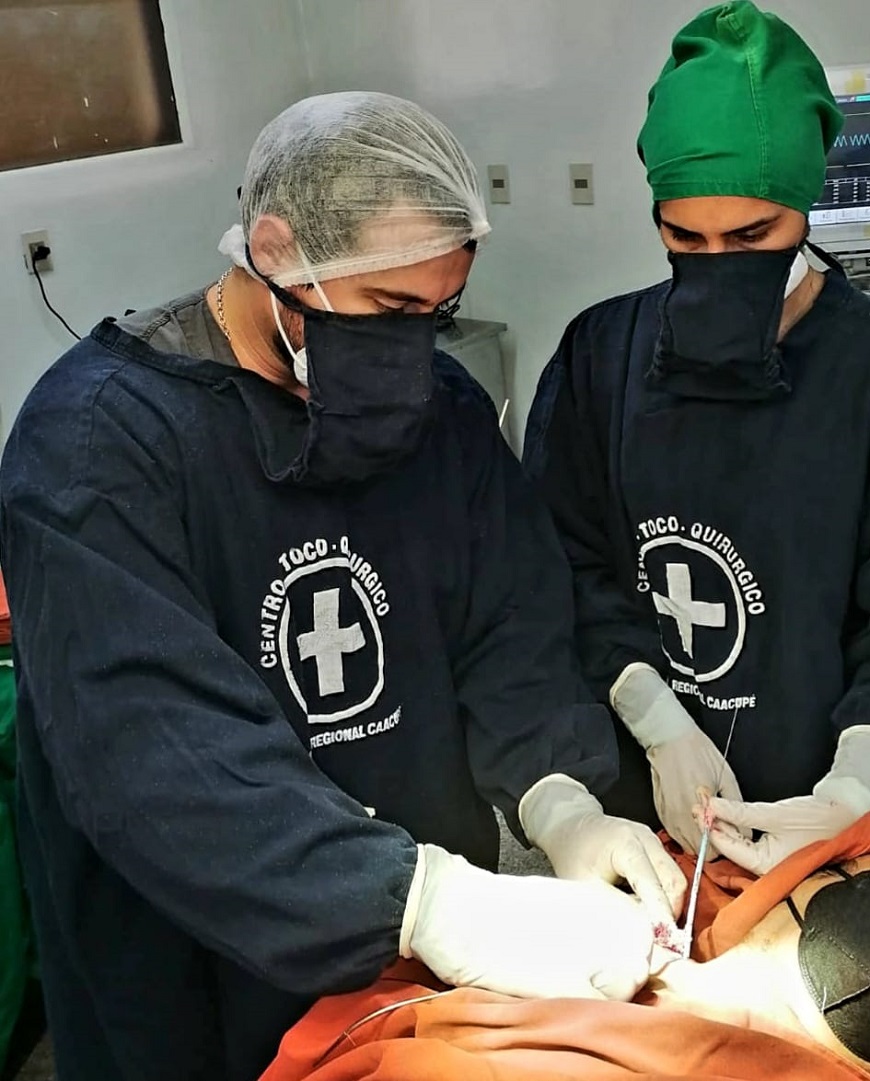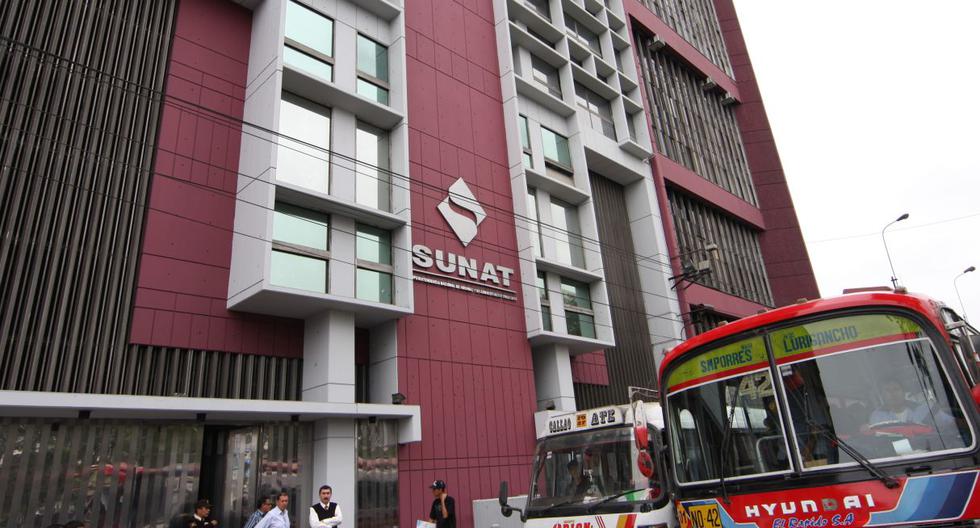The surgical procedure was performed for the first time at the Regional Hospital of Caacupé. With its implementation, a permanent vascular access for hemodialysis is guaranteed, the quality of the process is optimized and the risk of infections is reduced.
The surgical intervention for the implantation of a tunneled hemodialysis catheter was performed for the first time in the regional hospital of Caacupé, through the incorporation of professional nephrologists in said establishment.
The first person to access this procedure is a 67-year-old chronic kidney patient from the town of Valenzuela, dialyzed in the most complex hospital in the country’s third department.
As the patient cannot access an arteriovenous fistula, the alternative is the tunneled catheter, in order to continue with the hemodialysis treatment.
In some cases, such as this one, patients with chronic renal failure require adequate and permanent vascular access to apply hemodialysis treatment, for which the implantation of a tunneled catheter, through internal jugular vein access, is necessary.
The tunneled catheter is a thin, long and flexible tube that professionals place in a jugular vein, through an insertion at the level of the neck.
As its name implies, it tunnels under the skin to a vein near the heart, the jugular. On the outside, the catheter is divided into two small tubes (lumens), with their own needle-free connector and disinfectant cap, through which the hemodialysis treatment is performed.
In this way, a permanent vascular access for hemodialysis is guaranteed, its quality is optimized, the risk of infections is reduced and the patient’s quality of life is improved.
This implant must be performed by experienced specialists, such as Dr. Cristian Saldívar and Dr. Silvia Gabriaguez, nephrologists recently incorporated by this State portfolio to the Nephrology service of the regional hospital of Caacupé, to expand the response capacity to renal patients in the health facility.





